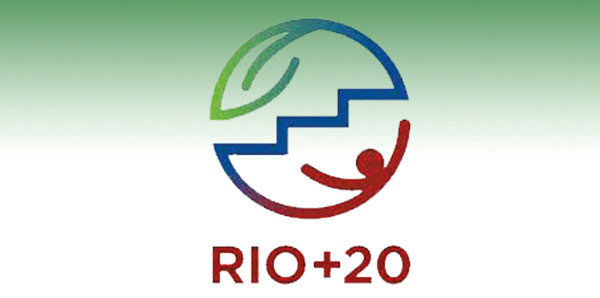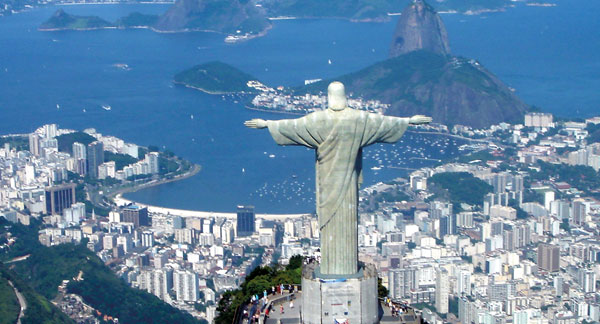Reply To:
Name - Reply Comment
Last Updated : 2024-04-25 20:04:00
.jpg) by DULIP JAYAWARDENA
by DULIP JAYAWARDENA.jpg) The world today has 7 billion people and by 2050 there will be 9 billion. One out of every five people – 1.4billion lives on US $ 1.25 (Rs 150) a day or less. A billion and a half people in the world have no access to electricity and two and a half billion do not have a toilet. Further a billion people go hungry every day. Greenhouse gas emissions continue to rise and more than a third of all known species could go extinct if climate change continues unchanged.
The world today has 7 billion people and by 2050 there will be 9 billion. One out of every five people – 1.4billion lives on US $ 1.25 (Rs 150) a day or less. A billion and a half people in the world have no access to electricity and two and a half billion do not have a toilet. Further a billion people go hungry every day. Greenhouse gas emissions continue to rise and more than a third of all known species could go extinct if climate change continues unchanged.
.jpg) CSD is responsible for reviewing progress in the implementation of Agenda 21 and the Rio Declaration on Environment and Development; as well as providing policy guidance at local, national, regional and international levels to follow up the Johannesburg Plan of Implementation (JPOI) which was the outcome of the World Summit on Sustainable Development held in Johannesburg from 26 August to 4 September 2002 focusing on the review of UNCSD specially the implementation of Agenda 21 after 10 years.
CSD is responsible for reviewing progress in the implementation of Agenda 21 and the Rio Declaration on Environment and Development; as well as providing policy guidance at local, national, regional and international levels to follow up the Johannesburg Plan of Implementation (JPOI) which was the outcome of the World Summit on Sustainable Development held in Johannesburg from 26 August to 4 September 2002 focusing on the review of UNCSD specially the implementation of Agenda 21 after 10 years.

Add comment
Comments will be edited (grammar, spelling and slang) and authorized at the discretion of Daily Mirror online. The website also has the right not to publish selected comments.
Reply To:
Name - Reply Comment
US authorities are currently reviewing the manifest of every cargo aboard MV
On March 26, a couple arriving from Thailand was arrested with 88 live animal
According to villagers from Naula-Moragolla out of 105 families 80 can afford
Is the situation in Sri Lanka so grim that locals harbour hope that they coul